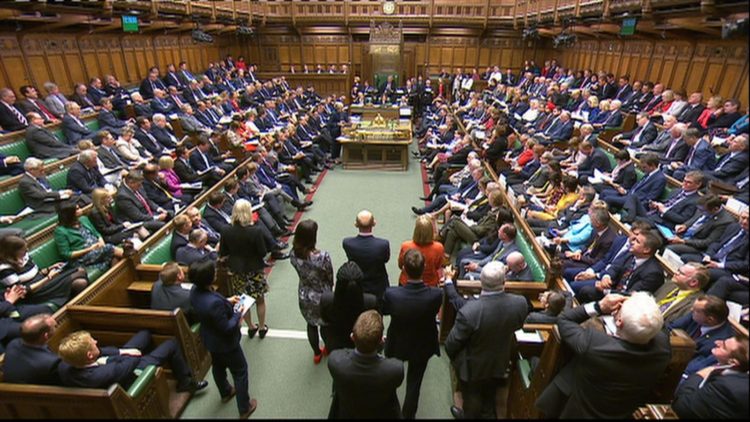By Gavin Mackintosh-
Tough rules on Mps use of payment cards is likely to ensure compliance, and regulate the spending of tax payer’s money, the Independent Parliamentary Standards Authority(Ipsa) have said.
Ipsa’s audit report last week revealing breaches by Mps has led many to conclude that the law makers may be recklessly abusing the trust of tax payers.
Revelation by The Sun that Ipsa wrote-off £35,000 worth of debt owed by 15 MPs who lost their seats in the 2017 General Election due to the legal costs of reclaiming the excess costs has raised some alarm among critics who feel tighter laws should be made to hold Mps accountable for their failing to keep the rules.
Ipsa says the use of payment cards identified that overall compliance with the payment card is high, adding that 99.5% of all transactions between May 2010 and January 2019 were for legitimate parliamentary costs.And the regulatory body insists the news tighter laws will put Mps on their toes more.
However, critics are concerned that Mps have got away with using their cards for personal expenses too many times. Breach of the rules occurred 1,111 times between May 2015 and November 2018, according to Ipsa’s audit.IPSA’s rules do not allow claims for food in London (as an MPs’ regular place of work), meaning that the cost of a meal added to a hotel bill will not be claimed.
RECOMMENDATIONS
The report has made some recommendations that the new payment card policy aims to address. The new payment card policy explicitly sets out the risk of suspension and withdrawal of the payment card for non-compliance which could affect Mps and their staff.
The new payment card policy which clearly states that money not repaid within 30 days will be turned into debt and access to the payment card will be suspended until the debt has been fully recovered or a repayment plan has been agreed.
An Ipsa Spokesperson told The Eye Of Media.Com:
”MPs and their offices reply on the payment card for the smooth running of their office. The risk of having their payment card suspended will be a strong deterrent. The objective of the new policy is to ensure high compliance with the rules and assure the public that taxpayers’ money is being well spent and well regulated”.




